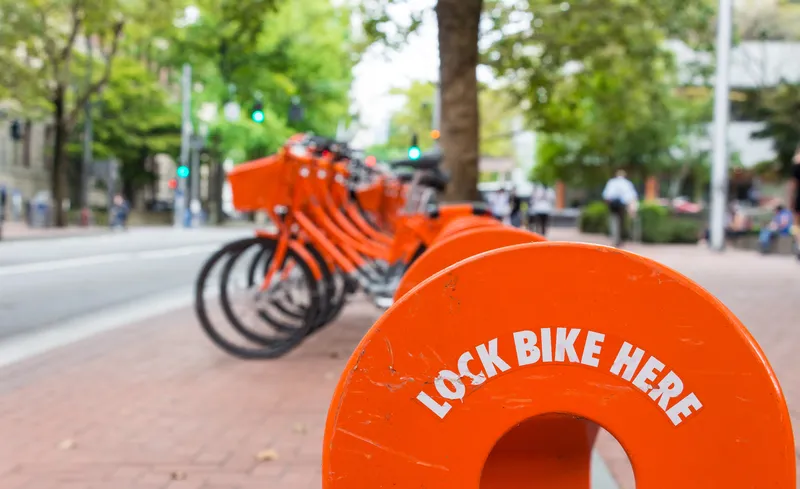Mobike says it has suspended its bike-sharing service in the UK city of Manchester following an increase in bike losses from theft and vandalism. The company is in the process of refunding riders and is advising them to check their bank statements. According to Mobike, the service began operating in Manchester in July 2017, with citizens taking 250,000 trips across over 180,000 miles. It operates in other UK cities such as London, Newcastle, Oxford and Cambridge. Mobike also has operations in Paris, Berlin
September 10, 2018
Read time: 1 min
Mobike says it has suspended its bike-sharing service in the UK city of Manchester following an increase in bike losses from theft and vandalism. The company is in the process of refunding riders and is advising them to check their bank statements.
According to Mobike, the service began operating in Manchester in July 2017, with citizens taking 250,000 trips across over 180,000 miles.
It operates in other UK cities such as London, Newcastle, Oxford and Cambridge. Mobike also has operations in Paris, Berlin, Madrid and Milan.








